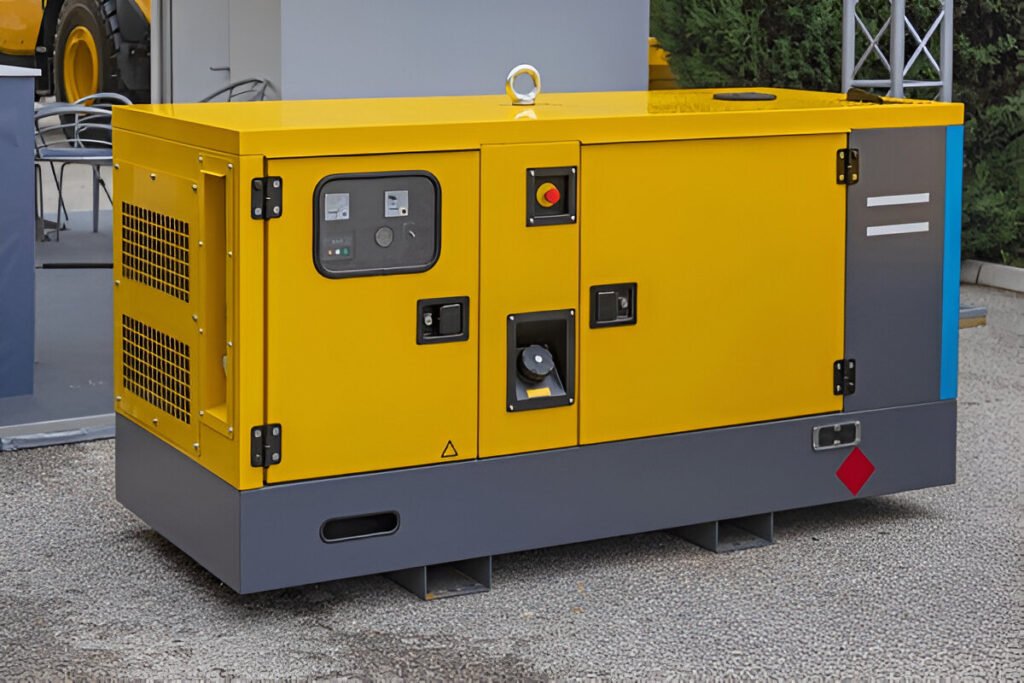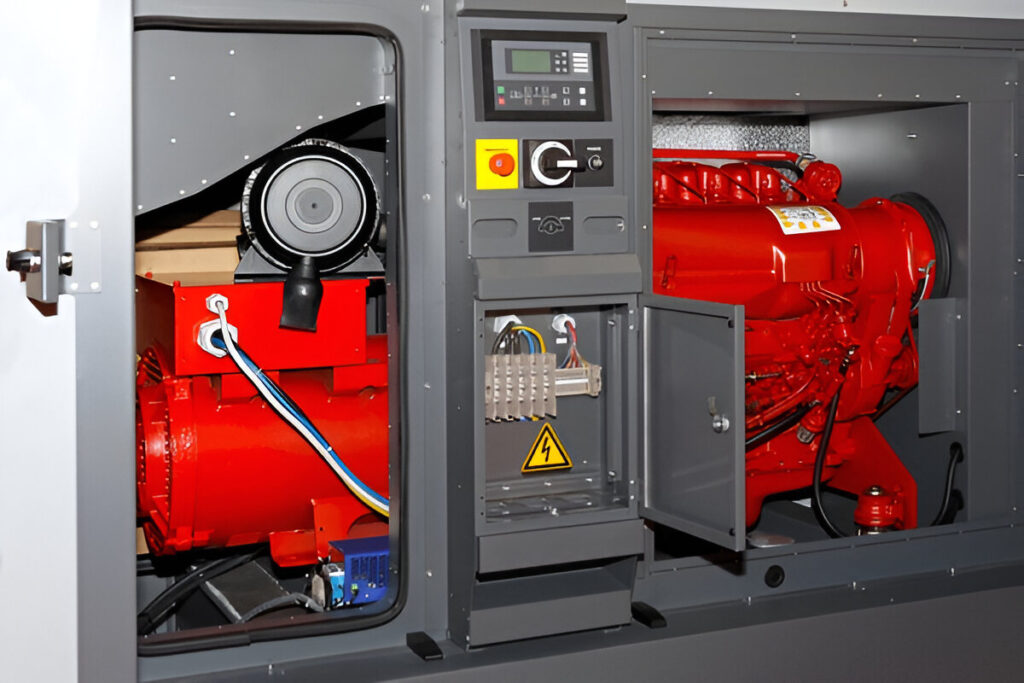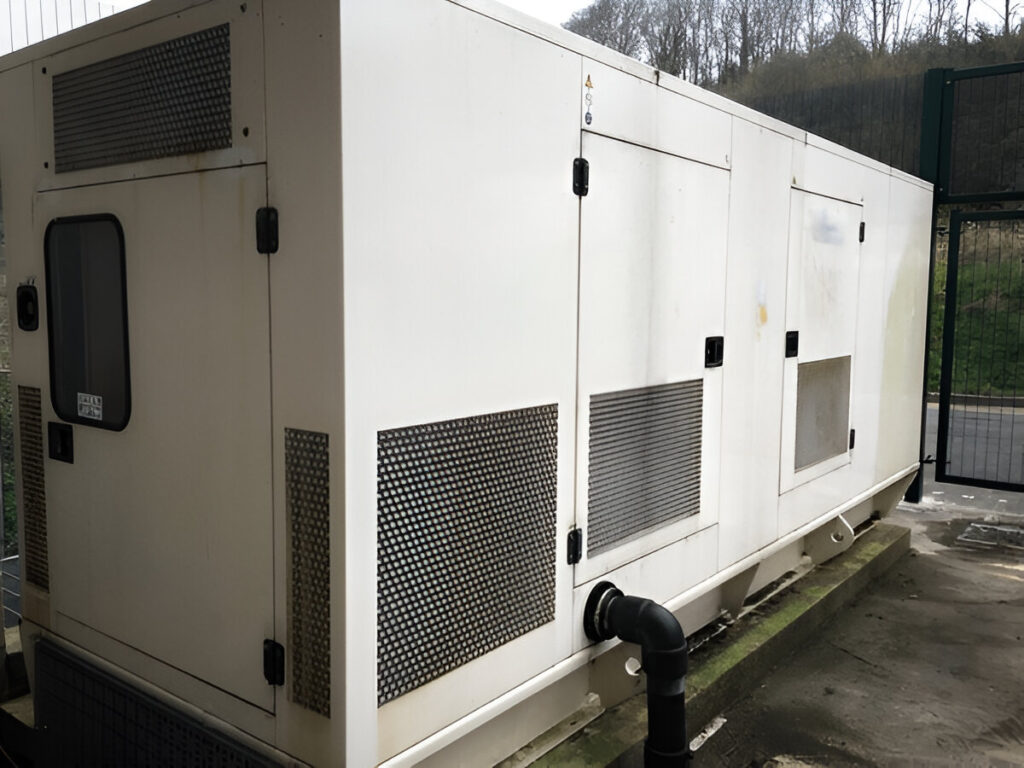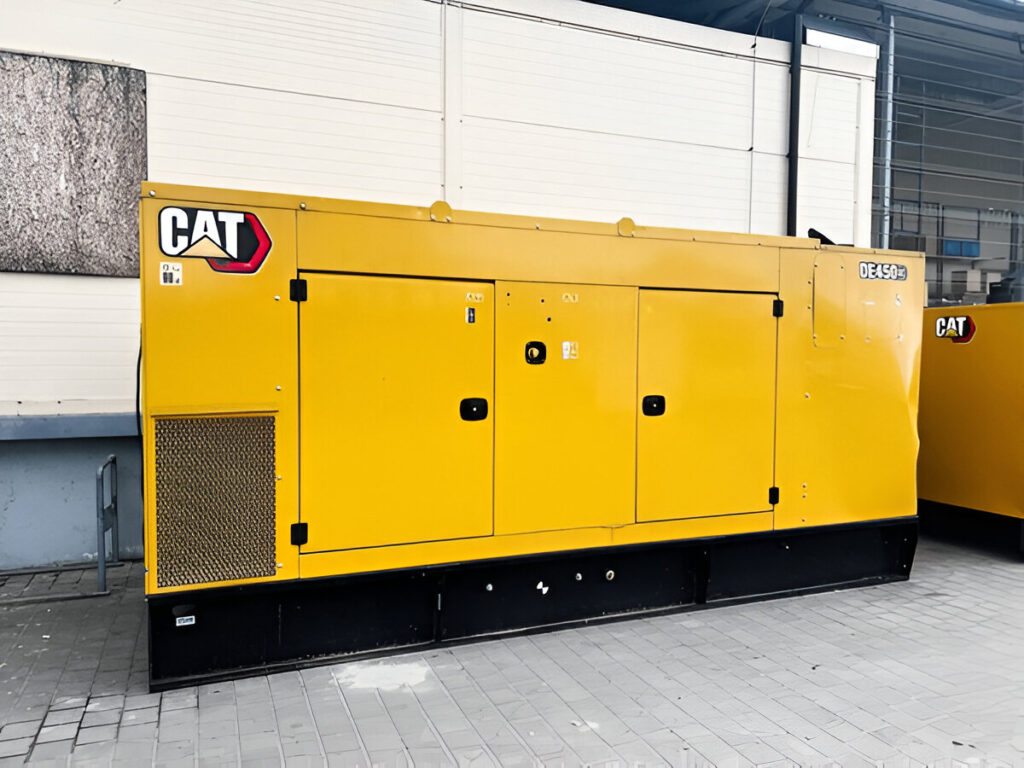Generators are critical in providing reliable power during outages, emergencies, and in off-grid locations. However, like any mechanical system, they can overheat—leading to reduced performance, costly repairs, or complete failure. Whether you’re using a diesel fueled generator or considering a generator for sale for your business, understanding how to detect and prevent Generator Overheating is essential.
Common Signs of Generator Overheating
Generator Overheating doesn’t always result in an instant shutdown; sometimes, the symptoms are subtle. Here are the key indicators to watch for:
1. Frequent Shutdowns
If your generator keeps shutting down unexpectedly, it might be due to rising internal temperatures triggering built-in thermal protection.
2. Unusual Noises or Smells
Overheating may cause components to expand or fluids to evaporate. This often results in odd sounds or a burning odor—especially in older units or a used generator for sale.
3. Warning Lights or Error Codes
Modern models like CAT generators and Cummins generators in Canada often display warnings on their control panels when overheating is imminent.
4. Loss of Power Output
As temperatures rise, a generator may struggle to maintain voltage, leading to erratic or weakened power delivery.
Causes of Generator Overheating
Several factors can contribute to overheating:
- Clogged or Dirty Air Filters: Restricts airflow and reduces cooling efficiency.
- Low Coolant Levels: Without adequate coolant, the engine cannot dissipate heat properly.
- Overloaded Generator: Running too many appliances or devices can exceed capacity, especially in a backup generator in Canada.
- Poor Ventilation: Generators installed in tight or enclosed spaces without adequate airflow are more likely to overheat.
- Old or Worn Components: Used units can have worn-out parts, making used generators for sale more susceptible to overheating without proper maintenance.
How to Prevent Generator Overheating
1. Regular Maintenance
Routine inspections are vital. Clean air filters, check coolant levels, and inspect belts and hoses regularly. Whether it’s a standby generator in Canada or a portable unit, a consistent maintenance schedule will prevent many overheating issues.
2. Proper Sizing and Load Management
Make sure the generator you choose is suitable for your power requirements. Oversized loads on undersized units can result in overheating. Explore various sizing options when purchasing a generator for sale to match your specific needs.
3. Ensure Adequate Ventilation
Keep your generator in a well-ventilated area. For indoor installations, consider incorporating exhaust fans or cooling systems to maintain optimal temperatures.
4. Use Quality Units
Investing in high-quality equipment like CAT generators or Cummins generators in Canada ensures better thermal efficiency and protection systems. These brands are engineered to manage heat effectively under various conditions.
5. Install Temperature Monitoring Systems
Thermal sensors and remote monitoring systems can alert you in real-time to rising temperatures. These are especially useful for larger installations using diesel fueled generators.
When to Replace or Upgrade
If your current unit frequently overheats despite regular maintenance, it may be time to upgrade. Browse through our selection of backup generators in Canada or check out a cost-effective used generator for sale to find a reliable replacement that suits your power demands and budget.
Final Thoughts
Preventing generator overheating is all about vigilance, quality equipment, and regular care. Whether you’re powering a business, home, or remote facility, BC GENERATORS has the right solution for you. From top-quality diesel fueled generators to trusted names like CAT and Cummins generators in Canada, we offer reliable options for every application.
Visit our generator for sale page to explore our inventory or contact us for expert advice on keeping your power systems cool and efficient.





